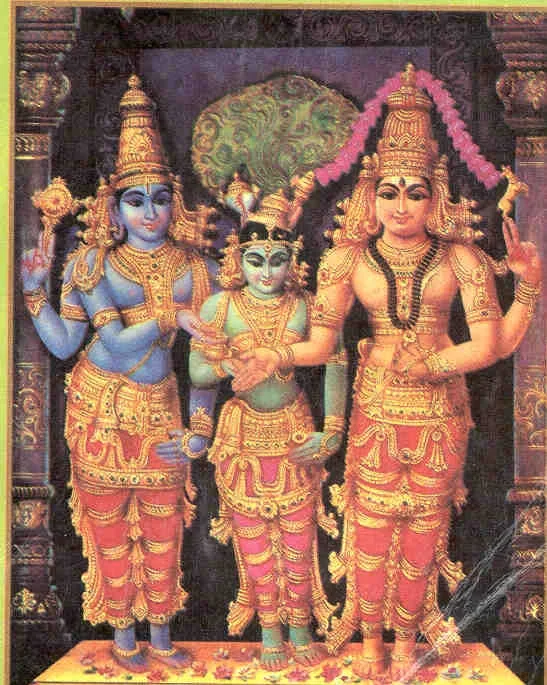இன்னும் இந்த வழக்கம் தேவையா?
சமீபத்தில், ஒரு திருமணத்திற்காக கோவை சென்றிருந்தேன். அவர்கள், பிராமண வகுப்பை சேர்ந்தவர்கள் என்பதால், அவர்களின் சம்பிரதாயப்படி, தாலி கட்டும் நேரத்தில், மணமகள், தன் தந்தையின் மடியில் அமர்ந்து கொள்ள வேண்டும். அந்த மணமகளுக்கோ லேட் மேரேஜ்; 30 வயதிருக்கும். இரட்டை நாடி உடம்பு; எடை, 90 கிலோ இருக் கும். மணமகளின் தந்தையோ, மிக வும் ஒல்லி; அவருக்கு, 70 வயது இருக்கும். முகூர்த்த நேரத்தில், மணமகளை அவர் தன் மடியில் அமர்த்தி, தாலி கட்டும் தருணத்தில், மணமகளின் உடல் எடை யால், காலில் ரத்த ஓட்ட மின்றி, மூச்சுத் திணறி, அரை மயக்கத்தில் விழுந்து விட்டார். மணமேடையே சிறிது நேரம் அமர்க்களப்பட்டு விட்டது.
முன்பு, பால்ய வயதில் திருமணம் நடத்திய போது, மிரட்சி விலக, தந்தை மடியில் உட்கார வைத்து திருமணம் நடத்தினர். இதை, இன்றும் சம்பிரதாயம் என்ற பெயரில் கடைபிடித்து, அவஸ்தைக்கு உள்ளாவதில் என்ன பயன்?
காலத்துக்கு ஏற்ப உணவு, உடைகளில் ஏற்பட்ட மாற்றங் கள், பழைய சம்பிரதாயங்களிலும் ஏற்பட வேண்டும் என்பது தான், அன்றைக்கு விழாவுக்கு வந் திருந்த பலரின் குரலாகவும் இருந்தது. புது வாழ்க்கை, சந் தோஷத்துடன் அல்லவா துவங்க வேண்டும்!
— சசி பிரபு, சென்னை.
Dear Members
Just came across the above piece!
Maybe, some members would like to comment on this!?
Kind regards
சமீபத்தில், ஒரு திருமணத்திற்காக கோவை சென்றிருந்தேன். அவர்கள், பிராமண வகுப்பை சேர்ந்தவர்கள் என்பதால், அவர்களின் சம்பிரதாயப்படி, தாலி கட்டும் நேரத்தில், மணமகள், தன் தந்தையின் மடியில் அமர்ந்து கொள்ள வேண்டும். அந்த மணமகளுக்கோ லேட் மேரேஜ்; 30 வயதிருக்கும். இரட்டை நாடி உடம்பு; எடை, 90 கிலோ இருக் கும். மணமகளின் தந்தையோ, மிக வும் ஒல்லி; அவருக்கு, 70 வயது இருக்கும். முகூர்த்த நேரத்தில், மணமகளை அவர் தன் மடியில் அமர்த்தி, தாலி கட்டும் தருணத்தில், மணமகளின் உடல் எடை யால், காலில் ரத்த ஓட்ட மின்றி, மூச்சுத் திணறி, அரை மயக்கத்தில் விழுந்து விட்டார். மணமேடையே சிறிது நேரம் அமர்க்களப்பட்டு விட்டது.
முன்பு, பால்ய வயதில் திருமணம் நடத்திய போது, மிரட்சி விலக, தந்தை மடியில் உட்கார வைத்து திருமணம் நடத்தினர். இதை, இன்றும் சம்பிரதாயம் என்ற பெயரில் கடைபிடித்து, அவஸ்தைக்கு உள்ளாவதில் என்ன பயன்?
காலத்துக்கு ஏற்ப உணவு, உடைகளில் ஏற்பட்ட மாற்றங் கள், பழைய சம்பிரதாயங்களிலும் ஏற்பட வேண்டும் என்பது தான், அன்றைக்கு விழாவுக்கு வந் திருந்த பலரின் குரலாகவும் இருந்தது. புது வாழ்க்கை, சந் தோஷத்துடன் அல்லவா துவங்க வேண்டும்!
— சசி பிரபு, சென்னை.
Dear Members
Just came across the above piece!
Maybe, some members would like to comment on this!?
Kind regards

